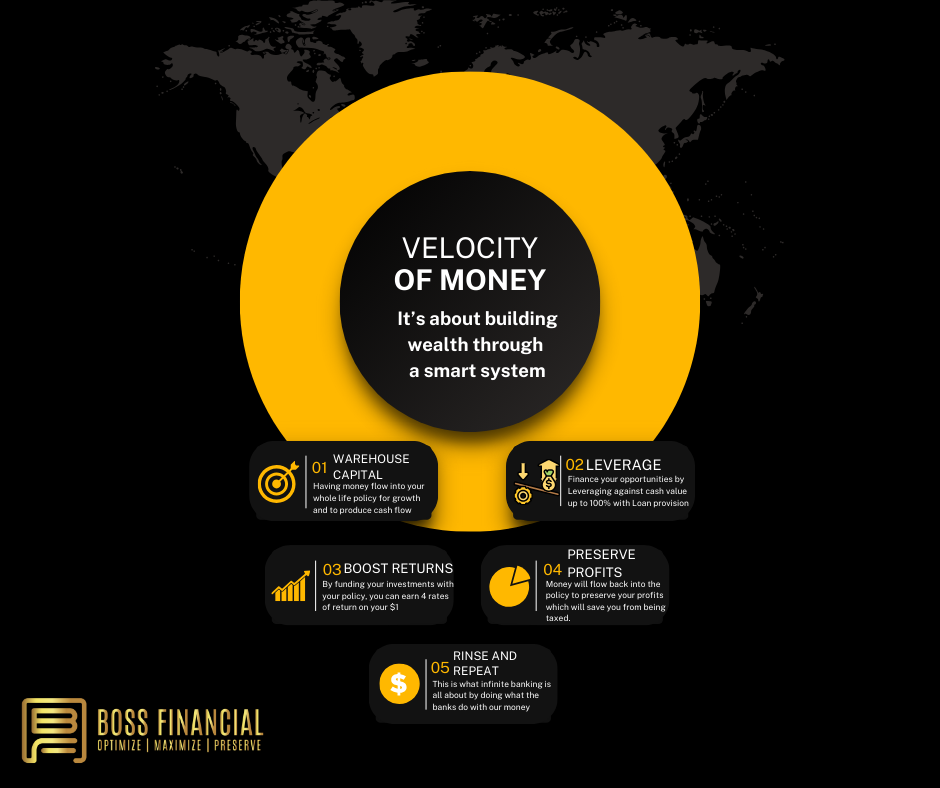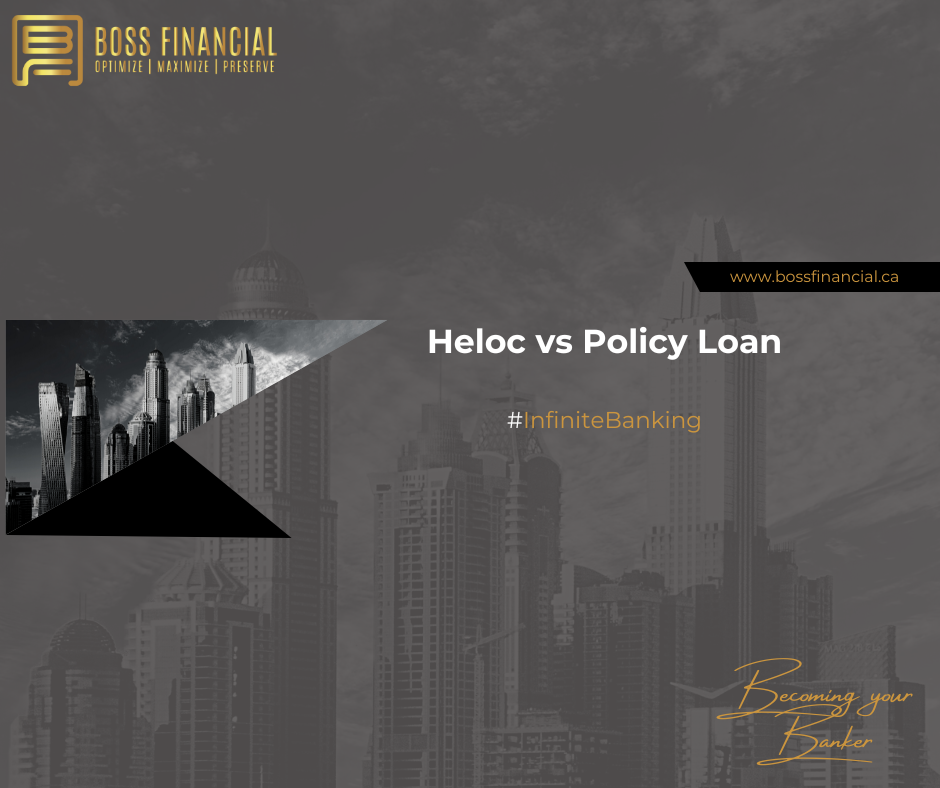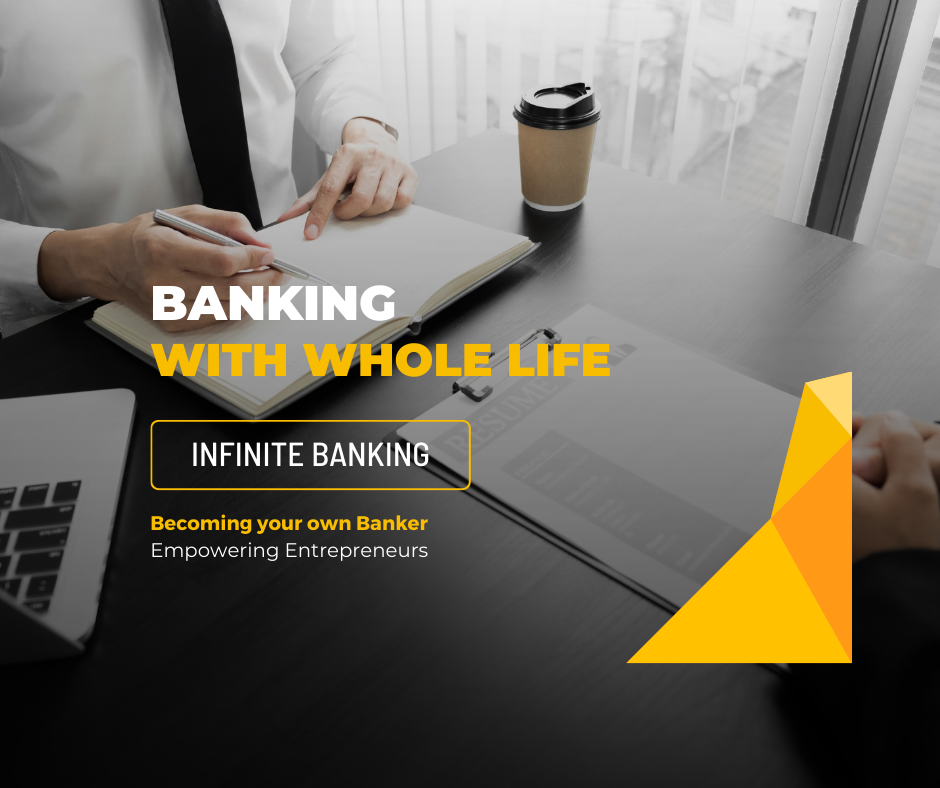In the unpredictable world of business, cash flow is the lifeblood that sustains operations and fosters growth. For business owners navigating the intricate landscape of financial management, safeguarding their cash flow is paramount. One innovative and often overlooked strategy for achieving financial resilience is the Infinite Banking Concept (IBC). This financial philosophy, championed by Nelson Nash, advocates for creating a personal banking system to enhance wealth accumulation and safeguard against economic uncertainties.
Understanding the Infinite Banking Concept:
At its core, the Infinite Banking Concept is a financial strategy that centers around utilizing a specially designed whole life insurance policy as a multifaceted financial tool. Business owners who adopt this concept essentially become their bankers, with the policy serving as a secure and flexible reservoir for capital.
- The Power of Dividends:
One key element of the Infinite Banking Concept lies in the whole life insurance policy’s ability to accumulate cash value over time. Unlike term life insurance, whole life insurance policies provide a cash value component that grows tax-deferred. The growth is bolstered by dividends paid by the insurance company, offering a reliable and potentially increasing source of income. For business owners, this creates a financial safety net that can be tapped into during challenging times, ensuring a steady influx of funds to support operations.
- Collateralizing Assets:
One distinctive feature of the Infinite Banking Concept is its capacity to collateralize the cash value of the life insurance policy. Business owners can use the policy as collateral to secure loans, offering a unique source of liquidity. Unlike traditional loans, the business owner pays interest back to themselves rather than a financial institution. This process not only facilitates access to funds but also allows for the preservation and growth of the policy’s cash value.
- Tax Advantages:
Business owners are well-acquainted with the complexities of taxation. The Infinite Banking Concept offers a strategic solution by providing tax advantages. The cash value within the policy grows tax-deferred, meaning that business owners can enjoy the benefits of compounding without the burden of annual taxes on gains. Additionally, withdrawals from the policy’s cash value are generally tax-free, providing a tax-efficient source of funds during times of need.
- Mitigating Risks:
In the business world, risks are inevitable. Economic downturns, market fluctuations, and unforeseen challenges can jeopardize cash flow. The Infinite Banking Concept acts as a risk mitigation strategy by offering a secure pool of funds that is not subject to market volatility. This financial stability ensures that business owners have a reliable source of liquidity, reducing the impact of external economic factors on their operations.
- Legacy Planning:
Beyond immediate financial needs, the Infinite Banking Concept enables business owners to engage in strategic legacy planning. The death benefit associated with the whole life insurance policy ensures that, in the event of the business owner’s passing, their loved ones are financially protected. This dual-purpose functionality makes the Infinite Banking Concept a holistic financial strategy that transcends individual cash flow management, addressing long-term financial security for both the business and its stakeholders.
Implementing the Infinite Banking Concept:
While the concept is powerful, its successful implementation requires a nuanced understanding and careful planning. Business owners interested in adopting the Infinite Banking Concept should consider the following steps:
- Educate Yourself: Before diving into the world of infinite banking, it’s crucial to gain a comprehensive understanding of the concept. Work with financial advisors who specialize in this strategy to ensure that it aligns with your business goals and financial objectives.
- Customize Your Policy: Whole life insurance policies can be tailored to suit specific needs. Work closely with insurance professionals to customize a policy that addresses your business’s unique requirements, considering factors such as coverage amount, premium payments, and cash value growth.
- Build a Cash Reserve: As the cash value within the policy grows, it becomes a powerful financial tool. Treat it as a reserve that can be accessed during emergencies or opportunities, allowing your business to navigate challenging times with confidence.
- Integrate into Financial Planning: The Infinite Banking Concept is most effective when integrated into a comprehensive financial plan. Align it with your business’s overall financial strategy to maximize its benefits and ensure a seamless incorporation into your cash flow management.
Conclusion:
In an era of economic uncertainty, business owners must explore innovative strategies to fortify their financial foundations. The Infinite Banking Concept offers a unique approach that empowers entrepreneurs to become their bankers, creating a resilient financial infrastructure. By leveraging the cash value growth, collateralization capabilities, and tax advantages of a whole life insurance policy, business owners can establish a reliable and flexible source of funds. This proactive approach not only safeguards against economic downturns but also positions businesses for sustained growth and long-term financial success. As the saying goes, “An investment in knowledge pays the best interest,” and understanding the Infinite Banking Concept may just be the key to bulletproofing your business’s cash flow.











